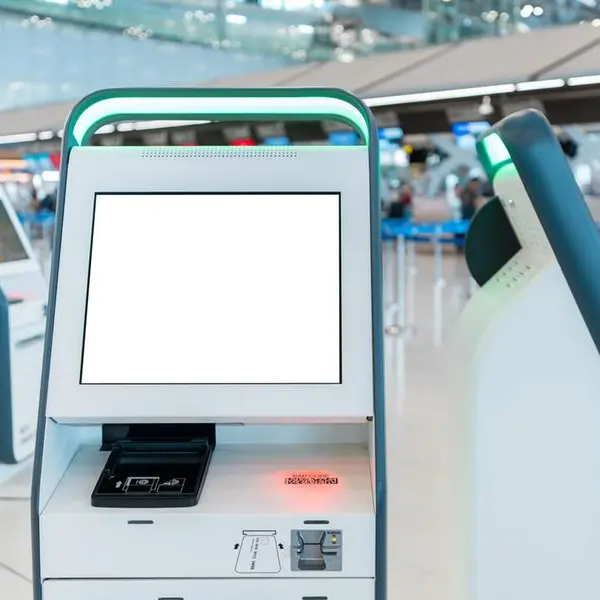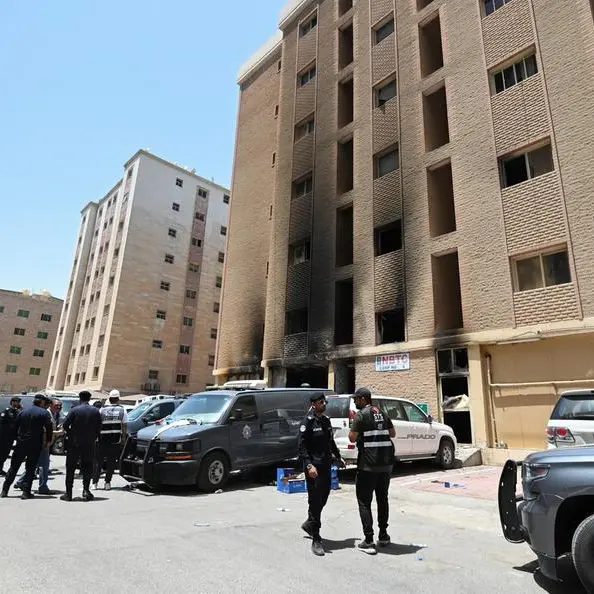PHOTO
RIYADH — Saudi Arabia announced the terms and conditions for availing exemption from customs duty for personal belongings and commercial samples. In a statement, Umm Al-Qura, the official government gazette, outlined major features of the Unified Guide for Customs Procedures that contain the regulations governing the circumstances that entitles customs duty exemption for personal belongings and commercial samples. The new regulations, approved by the governor of the Zakat, Tax and Customs Authority, will come into force one month after the publication of the gazette notification.
According to the regulations, customs duty exemption will be given to personal belongings and used household items brought by Saudi citizens, who are residing abroad for a period of no less than six months, and expatriates who come to reside in the Kingdom for the first time. The requirements are the following:
1- Personal belongings and household items must be used within the limits of personal use.
2- They must come from the place of residence of the person who is entitled to the exemption.
3- Foreigners must provide proof to show that their arrival is meant to reside in the Kingdom for the first time.
4- Personal belongings and used household items must reach the Kingdom within six months from the date of arrival of the person entitled to the exemption.
5- Various means of transportation are not considered as personal luggage.
Parcels and personal postal deliveries are also exempted in accordance with the conditions and regulations set forth in the Unified Guide for Customs Procedures.
The following are the terms and conditions for the exemption of commercial samples from customs duty:
1- The customs value of the commercial samples shall not exceed SR5000 in accordance with the principles for determining the value indicated in the executive regulations.
2- Submission of a request for a commercial sample exemption by the owner of the goods or his authorized representative.
3- The quantity of samples should not be commercial in accordance with the standards determined by the authority.
4- The samples should not be intended for sale.
5- The commercial sample of the same type must not have been previously exempted from customs duty within a period of six months from the date of the exemption request.
The new regulations allowed the clearance of goods after completing their customs procedures, and that is in accordance with the documentary guarantees, with the postponement of the payment of customs duties for a period of 30 days from the date of their clearance. This service will be granted in accordance with the following conditions:
A- The owner of the goods must register his imports with his commercial registration number.
B- He must be a resident of Saudi Arabia, and is registered with the Zakat, Tax and Customs Authority for value-added tax (VAT) purposes for a period of no less than 12 months.
C- His commitment to submitting declarations and paying zakat, tax and customs dues.
D- There should not be any proven cases of tax evasion/smuggling.
E- No liquidation procedures have been initiated in accordance with the Bankruptcy Law.
F- It meets the financial solvency standards.
The gazette notification outlines all the relevant governing customs procedures, which stipulate the necessity of archiving all documents and retaining them electronically. These documents shall have authenticity of origin as proof. However, there will be an exemption for documents for personal shipments transported via express transport companies. Everyone involved in the goods clearance process must keep original documents for a period of five years from the date of submitting customs declaration.
It included attaching a detailed invoice, whether original or electronic, for submitting the customs declaration. The authority may estimate the value of the goods in accordance with the law and its executive regulations, if it is not possible to submit an invoice for the imported goods.
The new regulations enable the authority to refer goods received through land customs ports to customs departments within the Kingdom in cases where there is no technical authority at the port, or in the event of a need to inspect the goods at another port.
© Copyright 2022 The Saudi Gazette. All Rights Reserved. Provided by SyndiGate Media Inc. (Syndigate.info).





















